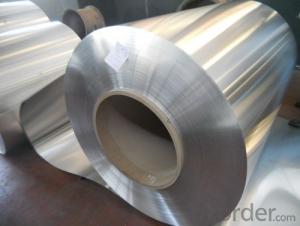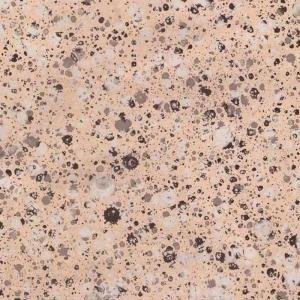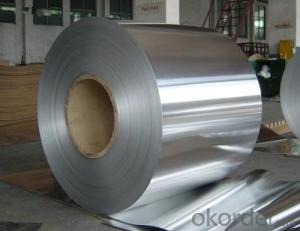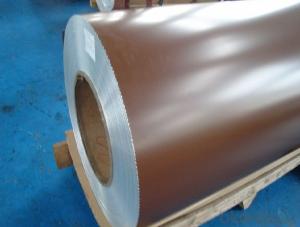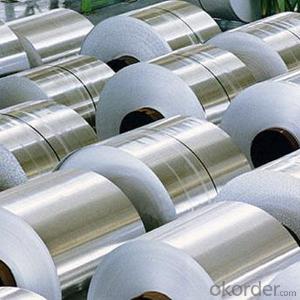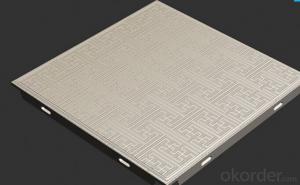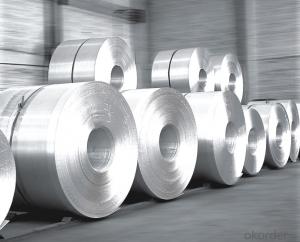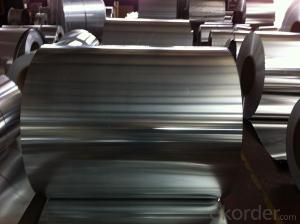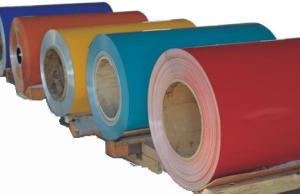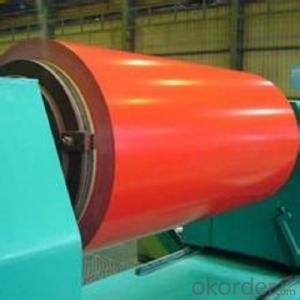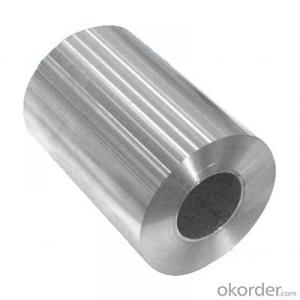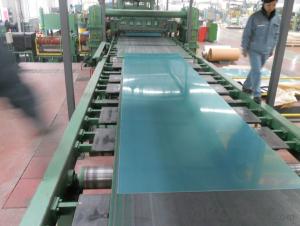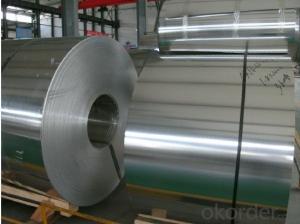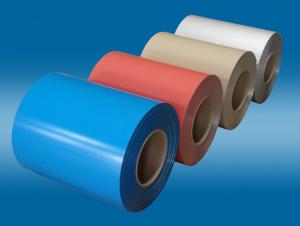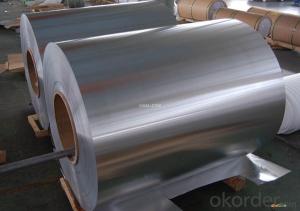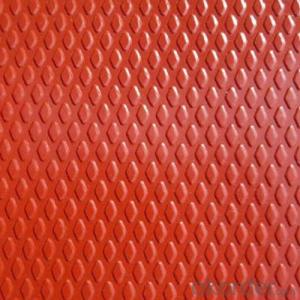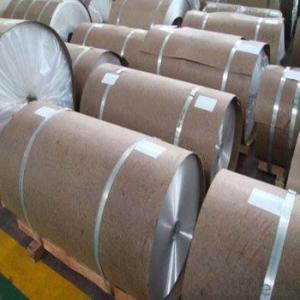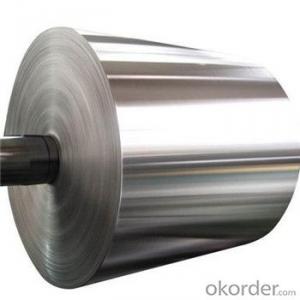All Categories
- - Steel Wire Rod
- - Steel Coils
- - Steel Profiles
- - Steel Pipes
- - Stainless Steel
- - Tinplate
- - Special Steel
- - Steel Sheets
- - Steel Rebars
- - Steel Strips
- - Hot Rolled Steel
- - Cold Rolled Steel
- - Pre-painted Steel
- - Seamless Steel Pipe
- - Welded Steel Pipe
- - Hollow Steel Tubes
- - Galvanized Pipe
- - Stainless Steel Coil
- - Stainless Steel Sheet
- - Stainless Steel Plate
- - Stainless Steel Strips
- - Electrolytic Tinplate Coil
- - Electrolytic Tinplate Sheet
- - Stainless Steel Rebars
- - Solar Panels
- - Solar Water Heater
- - Solar Related Products
- - Solar Inverter
- - Solar Cells
- - Solar Light
- - Solar Energy Systems
- - Solar Controllers
- - Solar Mounting System
- - Solar Pump
- - Solar Chargers
- - Fiberglass Chopped Strand
- - Fiberglass Mesh Cloth
- - Composite Pipes
- - FRP Pultrusion Profiles
- - Fiberglass Mat Tissue
- - Fiberglass Fabrics
- - Fiberglass Mesh
- - Composite Tank
- - Fiberglass Mesh tape
- - Polymer
- - FRP Roofing Panel
- - Fiberglass Roving
- - Monolithic Refractories
- - Ceramic Fiber Products
- - Refractory Bricks
- - Raw Materials For Refractory
- - Suspended Platform
- - Cranes
- - Concrete Machinery
- - Earthmoving Machinery
- - Building Hoist
- - Road Building Machinery
- - Plastic Pipe Fittings
- - Plastic Tubes
- - Plastic Sheets
- - Agricultural Plastic Products
- - Plastic Nets
 All Categories
All Categories
Q & A
What are the methods for preventing and removing surface defects on aluminum coils?
There are several methods for preventing and removing surface defects on aluminum coils. One common method is proper cleaning and maintenance of the coils to prevent the build-up of dirt, dust, and contaminants that can lead to surface defects. Regular cleaning can be done using mild detergents or specialized aluminum cleaners. Additionally, applying protective coatings or finishes to the coils can help prevent defects caused by corrosion or oxidation. In cases where surface defects have already occurred, techniques such as sanding, buffing, or chemical treatments can be used to remove the defects and restore the surface to its original condition.
What is the role of aluminum coils in the production of aluminum pressure vessels?
The role of aluminum coils in the production of aluminum pressure vessels is to provide a ready-to-use and malleable form of aluminum that can be easily shaped and formed into the desired vessel structure. The coils serve as the primary raw material, which is then cut, shaped, and welded to create the final pressure vessel.
How are aluminum coils used in the creation of recreational vehicles (RVs)?
Aluminum coils are commonly used in the creation of recreational vehicles (RVs) for their lightweight and durable properties. These coils are typically used to construct the framework and body of the RV, providing structural support and protection against various elements. Additionally, aluminum coils are often used in the manufacturing of RV interiors, such as cabinets and furniture, due to their corrosion-resistant nature and ability to enhance overall aesthetics.
What are the electrical resistivity characteristics of various aluminum coil alloys?
The electrical resistivity characteristics of various aluminum coil alloys depend on the specific alloy composition and its processing. Generally, aluminum coil alloys exhibit relatively low electrical resistivity, making them good conductors of electricity. However, the resistivity can vary based on factors such as the presence of alloying elements, impurities, and the processing conditions. It is crucial to consider the alloy type and its specific resistivity values when selecting an aluminum coil alloy for electrical applications.
Wholesale Aluminum Coils from supplier in Ghana
With our extensive inventory, technical support, and deep understanding of the Ghanaian market, we are confident in our ability to provide you with the best Aluminum Coils for your projects. Our commitment to customer satisfaction and our expertise in the industry make us the ideal choice for all your procurement needs.
Contact us today to discuss your requirements and let us show you why we are the leading supplier of Aluminum Coils in Ghana. We look forward to partnering with you and helping you achieve success in your projects.
Contact us today to discuss your requirements and let us show you why we are the leading supplier of Aluminum Coils in Ghana. We look forward to partnering with you and helping you achieve success in your projects.
